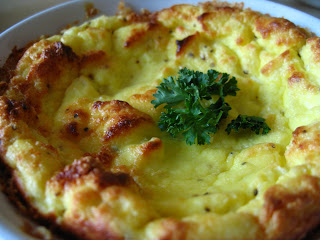Wedded Ecstasy
From a classmate's wedding, right before I left Moscow to come home. Dr. Leithart gave the exhortation. Song of Songs 2:16a: “My beloved is mine, and I am his”; 6:3a: “I am my beloved’s and my beloved is mine”; 7:10: “I am my beloved’s and his desire is for me.” “How are you feeling today?” someone might have asked you. How can you answer? Happy? Excited? Overjoyed? Nervous? None of the normal words is big enough to express the magnitude of this day. You reach for something bigger, and you’re tempted to try something faux-German like “Uber-happy” or faux-Greek like “Hyper-excited.” The emotion of this day is best captured, I submit, by the word “ecstatic.” That’s big enough to get at the joy and delight of your wedding, and, more importantly, it highlights deeper dimensions of what’s happening today, and what you’re committing yourselves to for the unforeseeable future. Etymologically, the word “ecstasy” means “to stand outside,” and that’s what the English derivative meant f...



